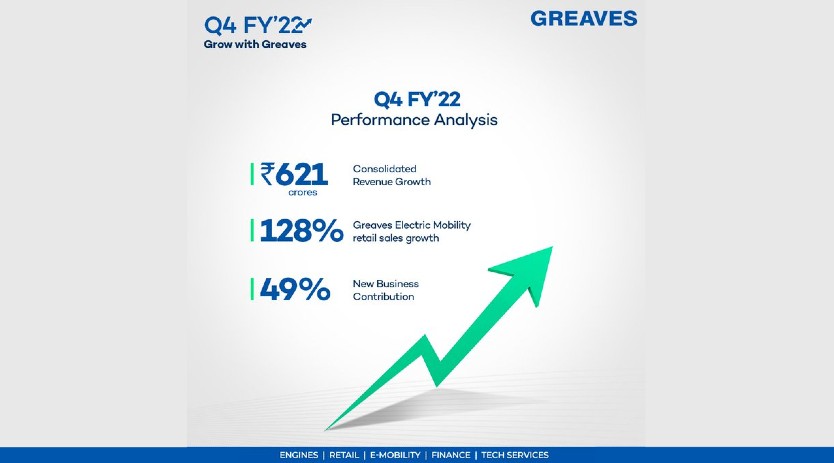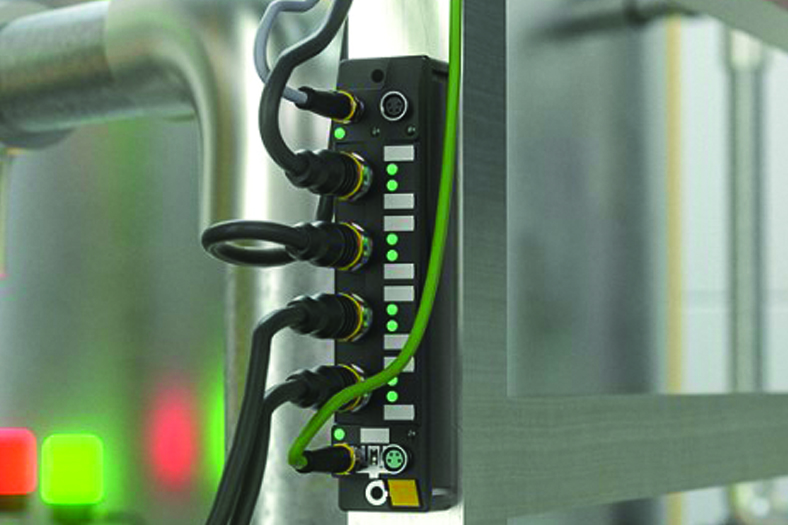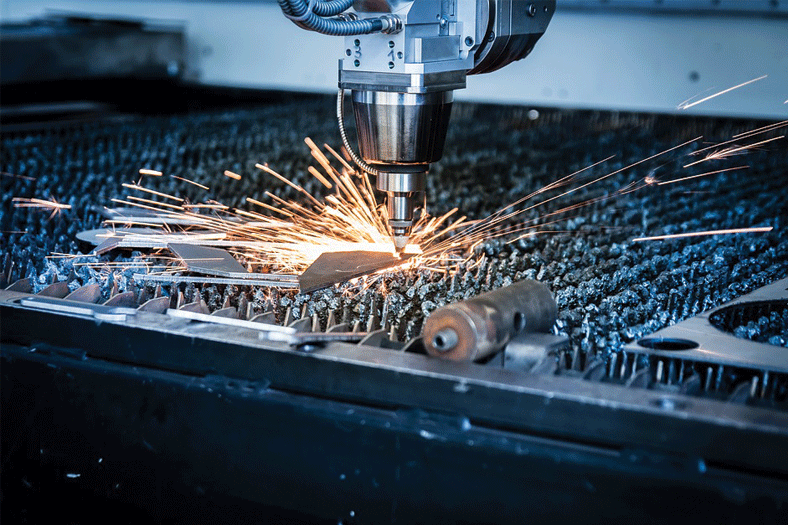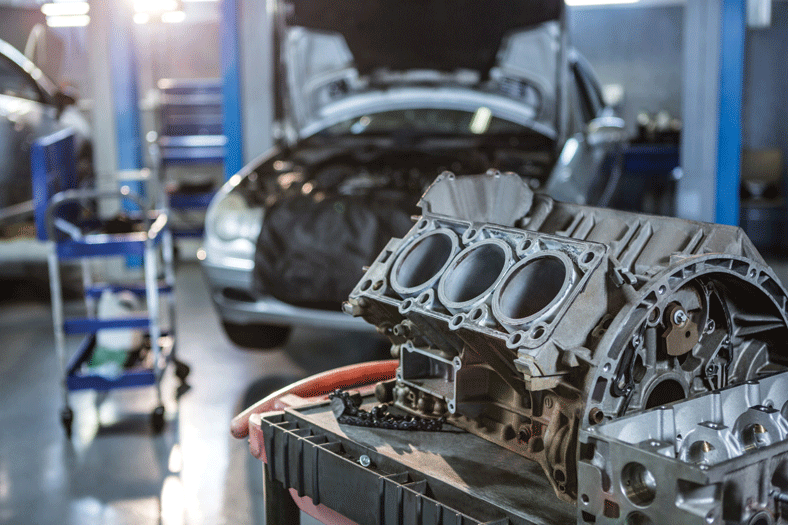Made in India: machine tools for aerospace and defence
September 12, 2018 3:01 pm
Aerospace and defence are among the two critical segments which have been earmarked by the Government of India for development. Both these sectors which often overlap each other throws immense opportunities for machine tool industry.
Aerospace and defence manufacturing industries are evolving in India. The twin sectors are attracting bigwigs from across the globe for investments. Government of India on its part is also adequately supporting these industries by bringing forth investor friendly policies and providing space for investments.
V. Anbu, Director General & CEO, IMTMA says, “It is encouraging to see that aerospace and defence business which until now was largely confined to the public sector has opened up for private firms as well. Government of India is giving prominence to local manufacturing by making it the centre for defence procurement.”
Many Indian firms have signed developmental contracts with the Ministry of Defence. Notable ones include Tata Advanced System for surface surveillance radar project for the Indian Navy and Larsen & Toubro for production of guns for the Indian army. As per the Ministry of Defence from 2001 when the defence industry sector was opened for private sector participation, the government has till now issued 342 industrial licenses to 205 Indian companies and until now 66 licensed companies have reported commencement of production. The defence items produced by these companies are sold to the Ministry of Defence.
V. Anbu added, “Aerospace manufacturers are in demand primarily for manufacturing of aircrafts because it is believed that an airline has more than 3 million parts and it is not possible for one or two companies alone to work on it.”
Mohini Kelkar, Director – Business Development, Grind Master Machines Pvt. Ltd. has a different take on it. She opines, “Aerospace and defence sector are definitely giving more opportunities to Indian machine tool builders but at the same time the technologies demanded by manufacturers in these two sectors are currently are not available with the machine tool industry of India. So, there is lot of R&D is involved.”
The aerospace and defence manufacturer looks for machine tool builder who has proven solutions to meet their requirement. Since the references are not available, machine tool builder finds it difficult to cater to the needs of the aerospace and defence sector. These two sectors are coming up, however, there are many critical components/ assemblies which are not manufactured in India due to lack of infrastructure as well as process know how.
Mohini adds, “Never the less, the new technologies are being seriously being looked upon and machine tool sector has also shortlisted some technologies such as robotic automation, metal forming, spinning, ultra-precision machining, flow forming, polishing which will be developed in next few years. Such projects are going with various machine tool companies.”
Challenges to cater precise requirements
The challenges faced by the Indian machine tool builders are countless. According to Mohini Kelkar of Grind Master Machines,” The list of challenges is long but the main challenge in front of us is technology gap. There is clear cut technology gap in terms of machines as well as processes.”
The materials or components which are required to be machined and processed in these sectors are much different than those in the engineering and automobile sector, for example special alloys, titanium, special composites. All such materials need different processing methods. Here is the gap which we have to bridge.
Major challenges are faced when handling and processing such materials. The machine tool builders constantly feel pressurised to stay updated in the market; the need to invent and build new machines and new tools which will be suitable for these components. The next challenge is precision which demanded by these sectors can’t be achieved by the current range of machines tools made in India. We need to build high quality machines by high quality workmanship. Many times, the processes such as deburring are neglected but in these sectors, even these processes matter a lot. Such awareness about the exact requirement is also needed.
Mohini Kelkar adds, “More the precise machines, more the thermal stability required. One has to work on thermally stable machines; immense R&D is needs to be done in this aspect. We, at Grind Master Machines, follow the quality policy 100-1=0. This is the major requirement of the aerospace and defence sector which all the machine tool builders should follow.”
V. Anbu of IMTMA points out the main challenges as:
• Capacity building; producing high-end machine tools by investing more into R&D and automation
• Matching up to global standards through technological enhancements and moving to next generation technologies such as Internet of Things, 3D Printing, AI etc.
• Increasing the export potential and not just concentrating on domestic consumption
Despite these challenges machine tool industry has been developing indigenous technology and supplying machines to large entities such as Ordnance Factories, DRDO, BEML, etc. Indian companies have developed multi-axis machines and SPMs which have been supplied to companies such as Ordnance Factories and HAL, etc.
Role of machine tools in ‘Make in India’
Machine tool industry is considered to be the “mother industry” for all manufacturing industries. V. Anbu observes, “Without a powerful machine tool industry, manufacturing excellence cannot be achieved. Government of India floated the ‘Make in India’ initiative with a vision to make the country a global manufacturing hub. Machine tool industry is immensely contributing to the initiative by making the machines required for the manufacturing sector including major ones such as automobiles, defence, railways, plastic machinery, white goods, and many more.
Machine tool industry has come a long way where previous year’s import was 70 per cent and only the rest 30 per cent were Indian machines. This year’s figure has changed to 50-50 per cent. This indicates the growth of the machine tool manufacturers.
Mohini Kelkar says, “Every Indian machine tool builder has received plenty of orders. This shows that we are working positively towards ‘Make in India’ initiative. Developing higher range of machine tools with high precision and expanding the machine tool range to cater nonstandard needs, requirements and sectors should be there on the agenda.”
Government is providing some assistance for R&D of machine tools but this needs be stepped up. The technology acquisition initiative of Government of the India needs a step up wherein machine tool companies can acquire the technology with the assistance from government. This will go a long way in ‘Make in India’ initiative. It’s a long process to invent new technologies. Acquiring them or collaborating with foreign partner or taking over the foreign company is the faster way of doing it. Government should encourage such activities by supporting financially or subsidising such machine tool builders.
“Another thing is we need to handhold other companies including all the machine builders and end product manufacturers for developing new technologies. This will really make the machine tool industry grow in positive way and make ‘Make in India’ a grand success, “concludes Mohini Kelkar.
“The precision challenge demanded by the sectors can’t be achieved by the current range of machines tools made in India.”
Mohini Kelkar, Director – Business Development, Grind Master Machines Pvt. Ltd
Cookie Consent
We use cookies to personalize your experience. By continuing to visit this website you agree to our Terms & Conditions, Privacy Policy and Cookie Policy.

















 English
English Hindi
Hindi